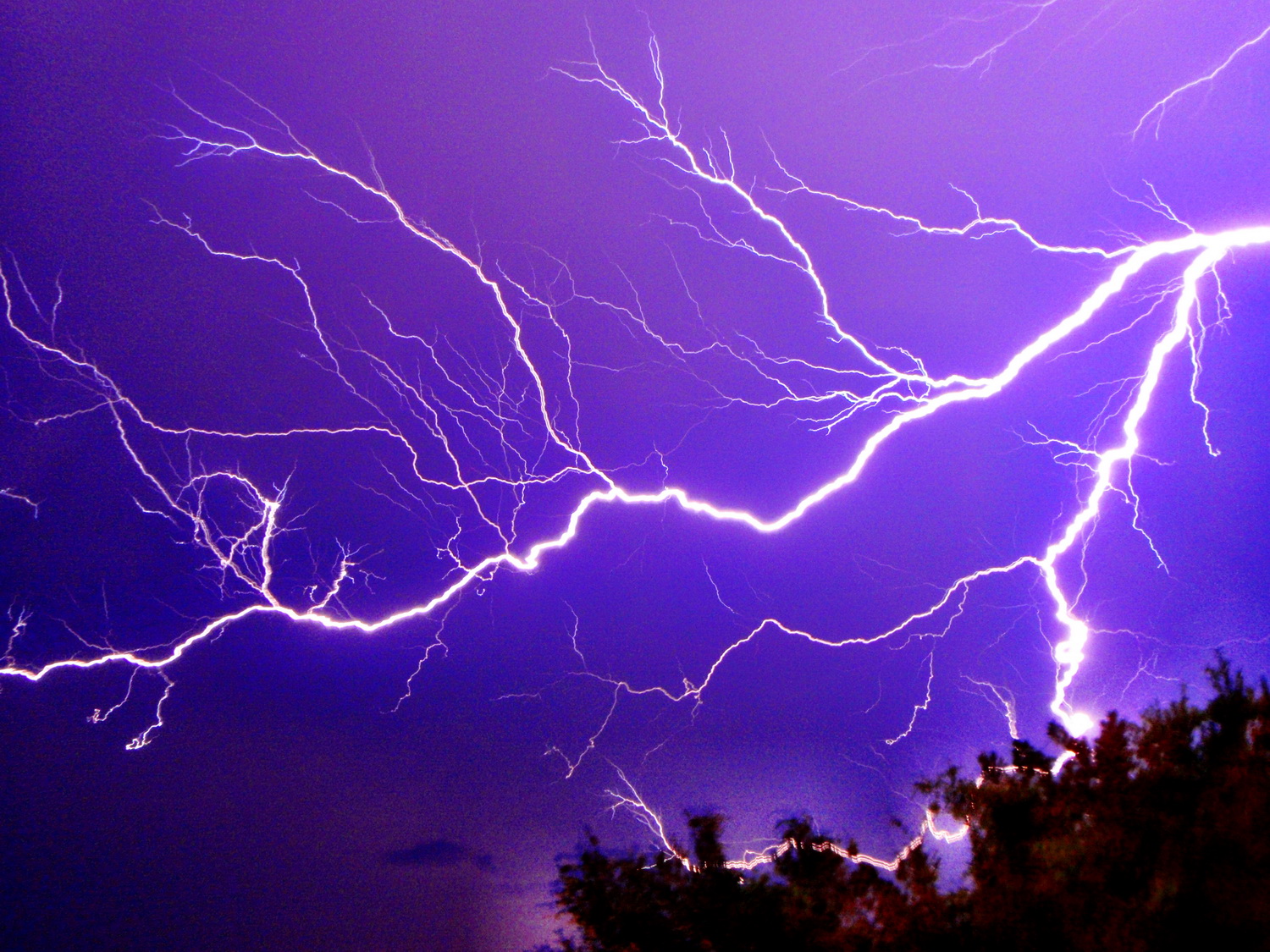Still reeling from this week’s court ruling, which said that the Federal Communications Commission has no authority to enforce net neutrality principles while after Comcast, the FCC is already warning that it might not be able to carry out aspects of the national broadband plan that could mean growth for Usenet, but is pushing it ahead.
Important to Usenet, FCC Chairman Julius Genachowski on Thursday issued a statement that said the court’s decision “does not change our broadband policy goals, or the ultimate authority of the FCC to act to achieve those goals. The court did not question the FCC’s goals; it merely invalidated one technical, legal mechanism for broadband policy chosen by prior commissions.”
Tuesday’s ruling shot holes through net neutrality – the premise that all sites and content should be equally available to consumers regardless of who provides their Internet service. Without these rules, a provider like Comcast, which is acquiring NBC, could block or charge more to access Usenet Newsgroup ports, throttle speeds and more. This means that the FCC can’t prevent ISPs from trying to block content like Usenet Newsgroup access.
As a result of this decision, the FCC has virtually no power to stop Comcast and the like from blocking Web sites as well. The FCC has virtually no power to make policies to bring broadband to rural America, to promote competition, to protect consumer privacy or truth in billing. The FCC has extended the deadline for public comment on net neutrality rules.
It doesn’t mean the FCC should not be the regulator of net neutrality, at some later point in history, should the law be changed. The Court’s ruling effectively states the FCC lacks the authority to do so today. And that little problem can be traced back to June 2006, when Congress began a long and poorly camouflaged process of punting responsibility for the net neutrality issue over to the FCC.
The Federal Communications Commission must move swiftly to reclaim its authority after Tuesday’s court ruling that it doesn’t have the power to punish Comcast – or any other carrier – for limiting access to the Internet.
Although the FCC is moving forward in the wake of the court’s ruling, the agency’s general counsel, Austin Schlick, acknowledged the decision may affect a number of key recommendations, including accelerating broadband access and adoption in rural parts of the country, connecting underserved communities, cyber security and consumer protection, including transparency and disclosure.
The agency plans to start addressing items from its plan as soon as it’s next open meeting on April 21. The first two items to be considered are reforms to the Universal Service Fund as well as an examination of competition in the cable set-top box market.




